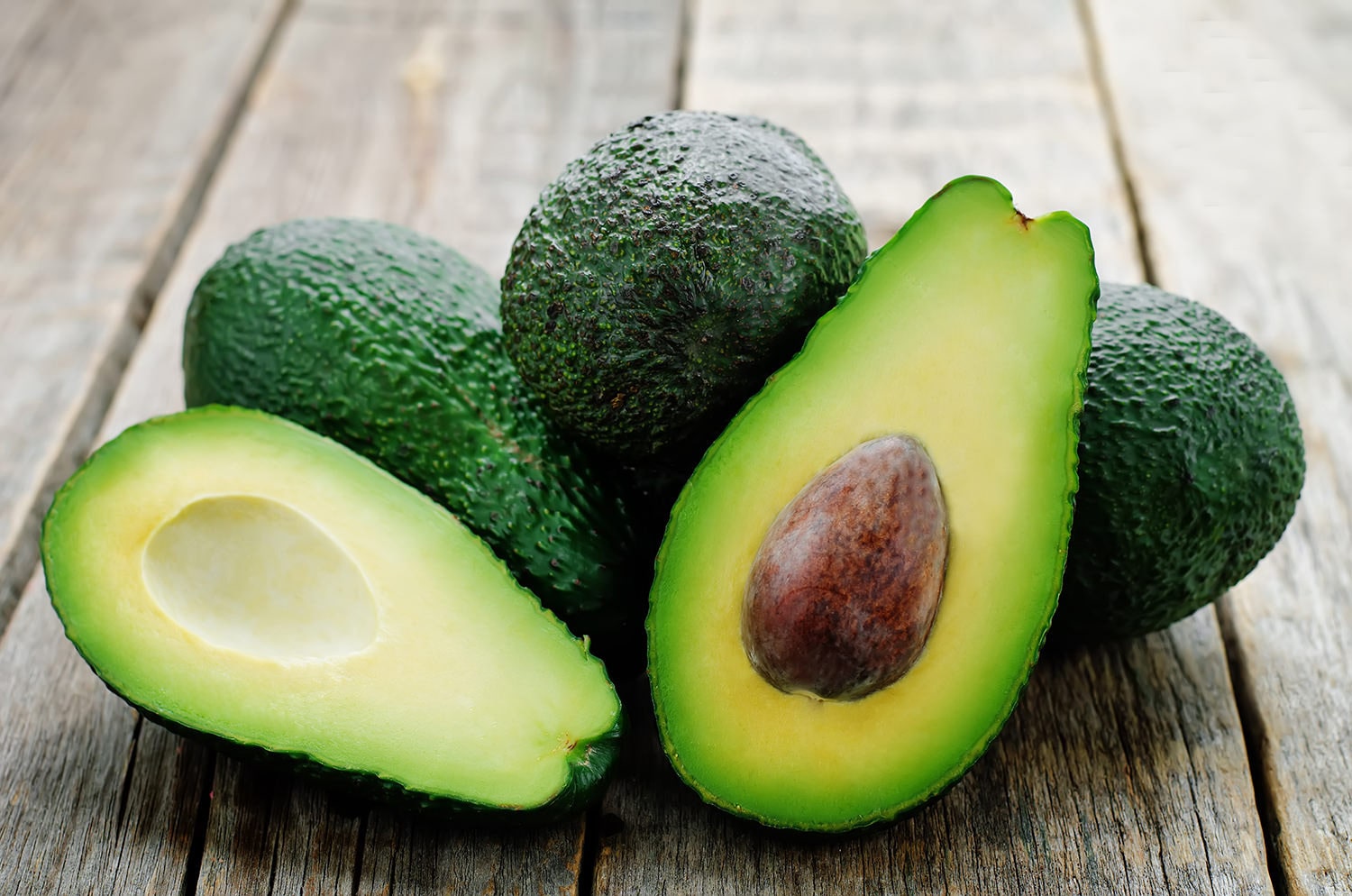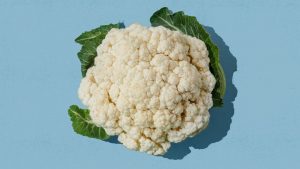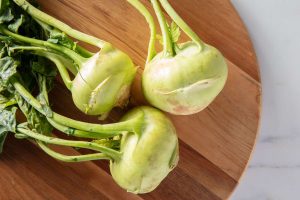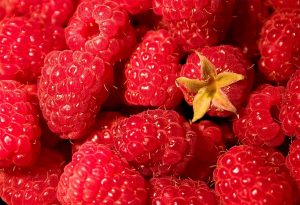
34 interesting facts about Avocado
- 👁️ 11234
Avocado, often called the butter fruit, has skyrocketed in popularity over recent years, gracing kitchens and restaurant menus around the world. Originating from south-central Mexico, the avocado tree is part of the flowering plant family Lauraceae. This creamy fruit is not only known for its versatility and rich texture but also for its substantial nutritional value, making it a favorite among health enthusiasts. It plays a significant role in vegetarian and vegan diets as a substitute for proteins and fats found in animal products. Here are 34 fascinating facts about avocados that explore their history, benefits, and uses.
- The avocado (Persea americana) was first domesticated in south-central Mexico about 10,000 years ago.
- Avocado trees are self-pollinating, and they have a unique flowering behavior known as “protogynous dichogamy.”
- The word ‘avocado’ comes from the Spanish word ‘aguacate’ which is derived from the Nahuatl word ‘ahuacatl’ meaning testicle, likely referring to the shape of the fruit.
- Avocados are a fruit, not a vegetable, specifically a large berry that contains a single seed.
- They contain more potassium than bananas, a nutrient known for reducing blood pressure.
- Avocado trees do not self-pollinate; they need another avocado tree close by to bear fruit.
- An avocado has more than twice the potassium of a banana.
- The Hass avocado, the most common commercial avocado, accounts for approximately 80% of all avocados consumed worldwide and was patented by Rudolph Hass in 1935.
- Avocado oil is a great source of lecithin, which may help improve memory and brain function.
- Avocados were once a luxury food reserved for the tables of royalty, but now they are enjoyed around the globe.
- They are rich in monounsaturated fats, which are heart-healthy fats.
- Avocado trees can grow up to 65 feet in height.
- An average avocado tree produces about 120 avocados annually.
- The fruit is naturally nutrient-dense and contains around 20 vitamins and minerals.
- The oldest living avocado tree was planted in 1879 in California and is still fruit-bearing.
- California produces about 90% of the nation’s avocado crop.
- Avocados can be used as a fat substitute in baking recipes.
- The skin of an avocado is toxic to some animals, including birds and large pets like cats and dogs.
- Avocados do not ripen on the tree; they ripen or “soften” after they have been harvested.
- They are rich in fiber, which can contribute to weight loss, reduce blood sugar spikes, and is associated with a lower risk of many diseases.
- Avocado flowers are unisexual, meaning they have both male and female organs, but they do not function at the same time.
- They contain antioxidants that can protect your eyes, such as lutein and zeaxanthin.
- Eating avocados can improve skin and enhance wound healing due to their healthy fats and nutrients.
- Avocado extract has been studied as a possible treatment for arthritis.
- Avocados can substitute for butter or oil in cooking.
- The fruit is gluten-free, dairy-free, vegan, vegetarian, and cholesterol-free.
- Avocado farming is challenging because of the high water demand of the trees.
- The majority of avocados consumed in the United States are imported from Mexico.
- Avocados must be harvested by hand using poles that can reach up to 16 feet long.
- They were once believed to be aphrodisiacs, which limited their popularity in some cultures.
- The largest avocado on record weighed 5.6 pounds, according to the Guinness World Records.
- Avocado leaves used in cooking must be from the Mexican variety to be safe for consumption.
- In Brazil, avocados mixed with sugar and milk are used to make a dessert called creme de abacate.
- Avocados are used in cosmetics for their oil content which benefits skin and hair.
Avocados are more than just a staple for guacamole or trendy toast toppings; they are a nutrient powerhouse that offers numerous health benefits. Their rich history and wide range of uses make them a fascinating subject beyond their culinary delights. The facts presented highlight the versatility and nutritional value of avocados, reaffirming their status as a superfood and their growing popularity in diets around the world. This comprehensive look provides a deeper understanding and appreciation of the avocado, encouraging healthier and more diverse eating habits.











